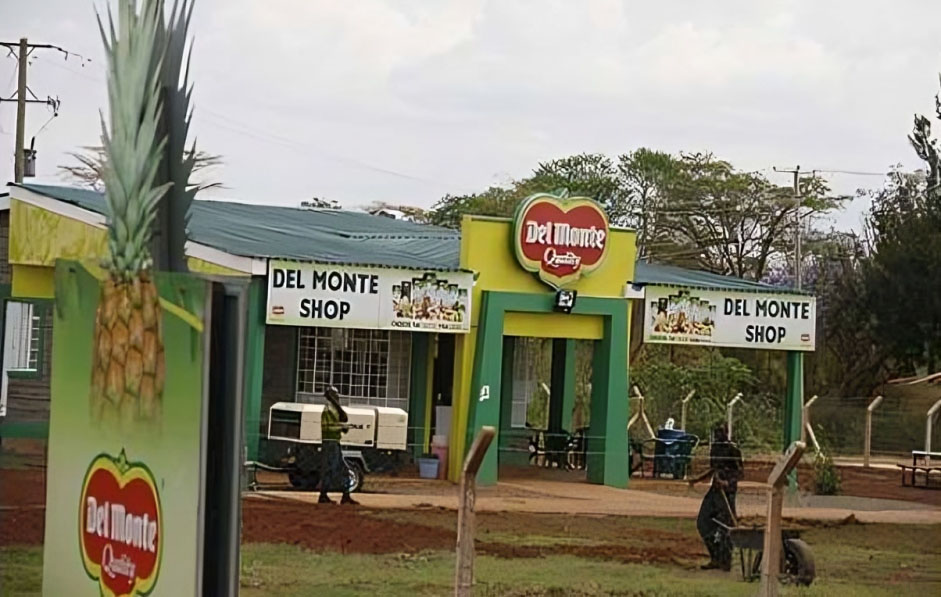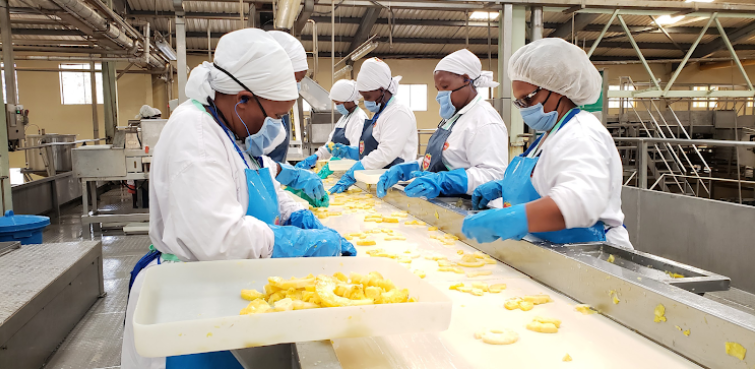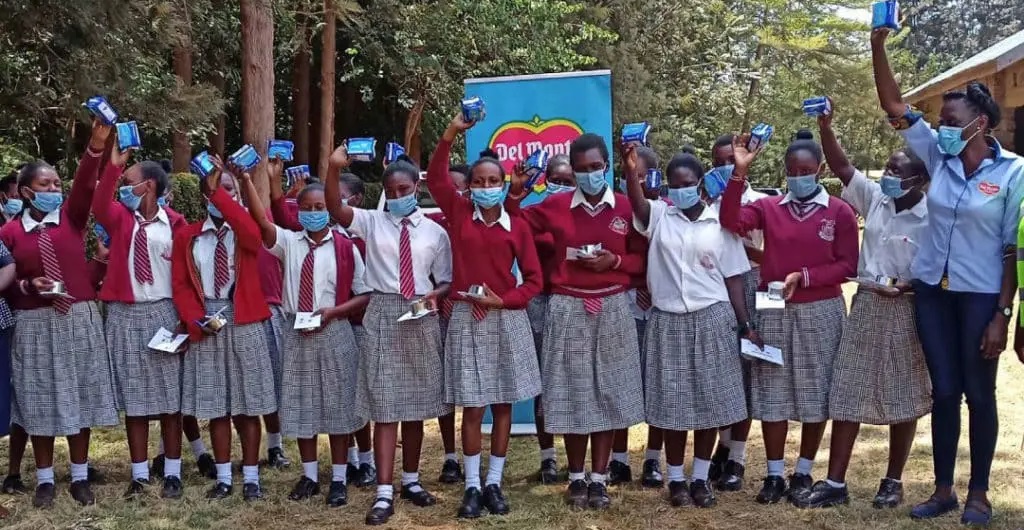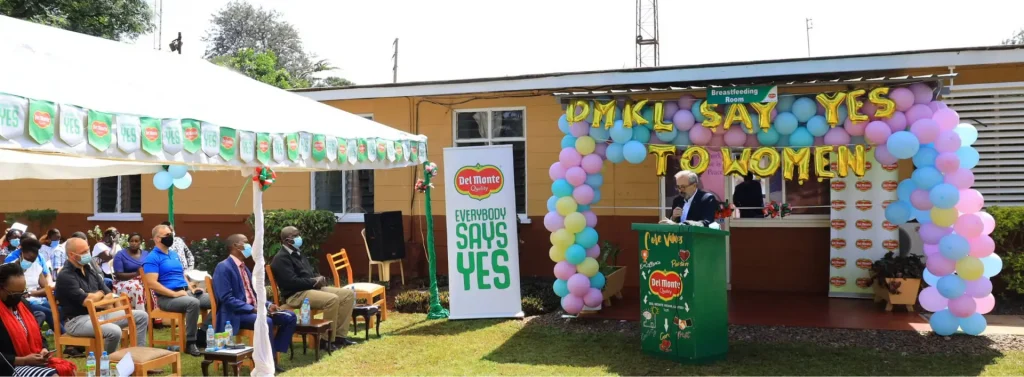
Del Monte Kenya, founded in 1965, has grown to become a key icon of Kenya’s agricultural and industrial landscape, marking 60 years of profound impact on livelihoods, infrastructure, social services, and environmental sustainability across Murang’a, Kiambu, and beyond. This milestone reflects a journey of continuous growth and deep-rooted community engagement that extends far beyond fruit production.
Today, Del Monte Kenya directly employs over 7,700 people and supports an additional estimated 28,000 jobs through its extensive supply chain, sustaining more than 35,000 livelihoods in just Murang’a and Kiambu counties alone. The company’s products, primarily pineapple-based, reach consumers through supermarkets and retail outlets nationwide, supporting countless others economically.

As a major exporter, Del Monte moves about 3,800 containers annually through the port of Mombasa, the equivalent of 75,000 metric tonnes or 3,800 truckloads of pineapple products and fruit beverages. These exports significantly contribute to Kenya’s foreign exchange earnings, generating over nine billion shillings per year.
The company’s influence in surrounding communities is broad and multifaceted. Annually, it invests 100 million shillings in maintaining roads around its farms, which are vital not only for farm-to-market logistics but also for improving access to schools, clinics, and markets for local populations. Environmental stewardship is another core pillar of the company’s approach, with over 100,000 trees planted in recent years, preservation of 275 hectares of wetlands, and creation of recreational areas and playing fields. These initiatives help address deforestation concerns and promote watershed health in areas historically challenged by dwindling forest cover.

Del Monte Kenya’s commitment to education spans decades, having supported schools since as early as 1960. This commitment includes the establishment and ongoing support of eight nursery schools, three primary schools, and a mixed secondary school opened in 2010 that has served over 14,000 students. Beyond infrastructure, the company provides essential services such as firewood for meals, supplies classrooms and offices, and addresses barriers to learning such as sanitary needs and support for orphaned children. Internship programs and career guidance sponsored by Del Monte staff have spurred interest in agronomy and engineering careers among students.
Healthcare is another significant focus, with six clinics operated by Del Monte serving employees and dependents. The company also organizes free community medical camps reaching thousands annually, offering screenings and referrals for conditions including cancer. Since 2020, these health initiatives have expanded to include reproductive health services, lactation facilities, and gender-based violence awareness programs, underscoring the company’s role in fostering health and gender equity among employees.
Innovation and sustainability define Del Monte Kenya’s modern era. In 2024, the company launched a biofertilizer plant that transforms pineapple residues into nutrient-rich soil enhancers, supporting new green jobs while reducing agricultural waste. Additionally, sustainability efforts extend to reusable packaging, wetland conservation, reforestation, and regenerative farming practices currently applied on 30% of its land, with ambitions to meet global sustainability benchmarks by 2030.
Del Monte Kenya’s workforce is predominantly Kenyan nationals, with a significant portion being women, and the company actively promotes gender diversity and career development. Comprehensive upskilling, onsite health and safety training, and welfare programs like breastfeeding centers and medical coverage create a supportive, progressive work environment.

This legacy showcases the company not only as a leading agribusiness but also as a key partner in regional development and sustainability, setting a benchmark for responsible business practices in East Africa.
